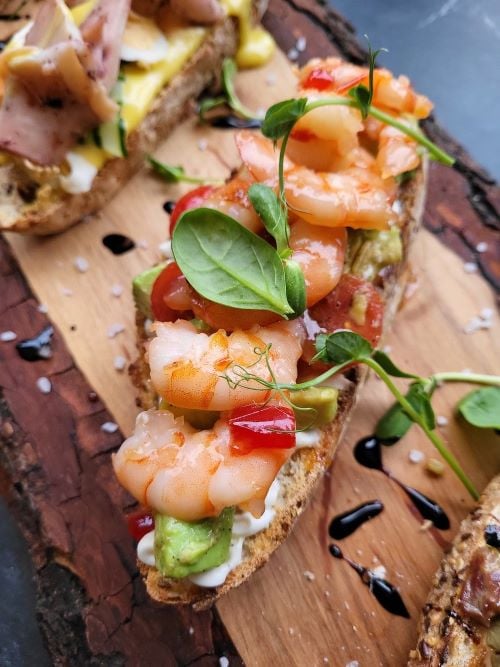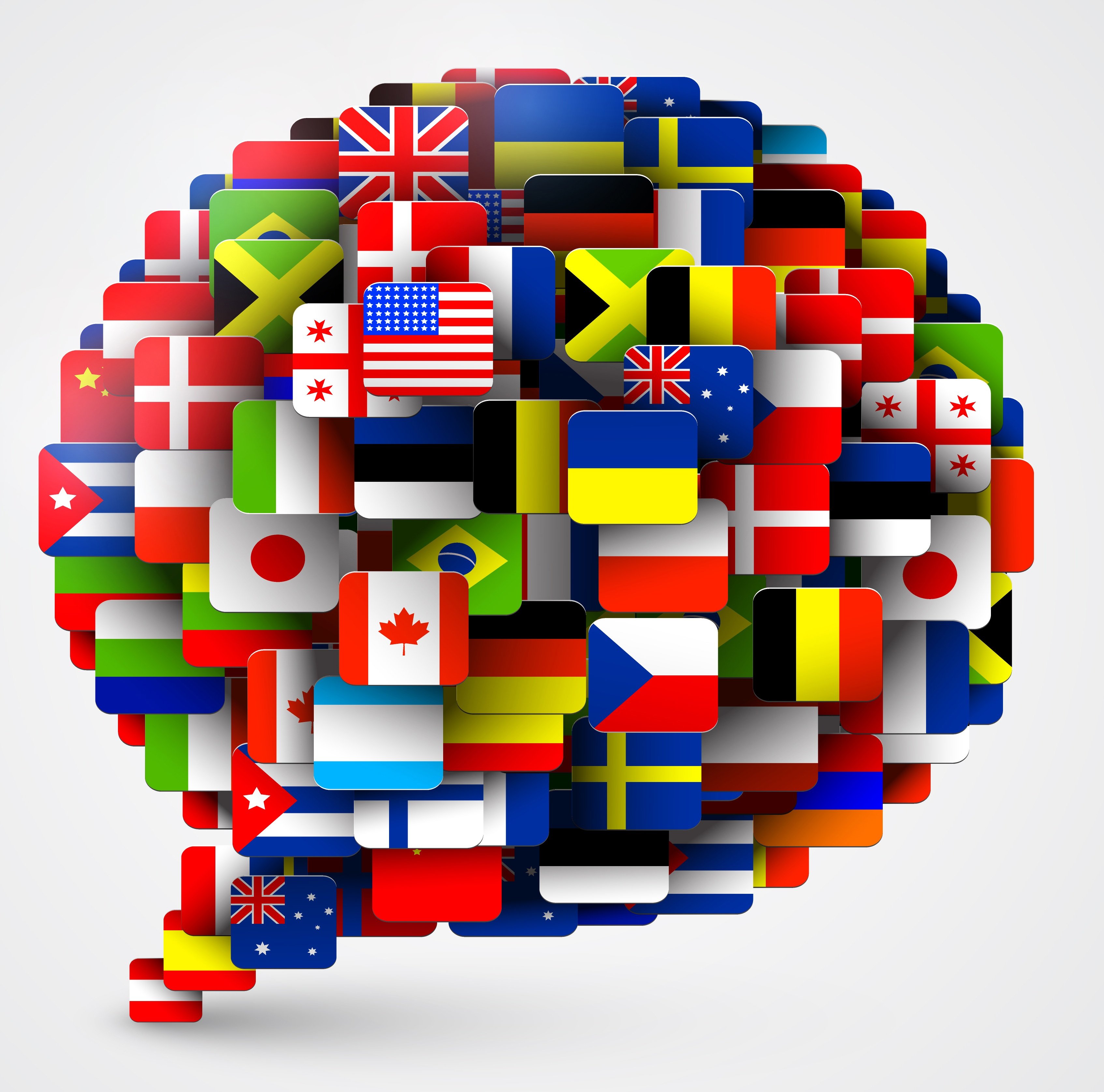Listen to Audio Version:
Geert Hofstede, the late Dutch social psychologist, is well-known for his research on cross-cultural groups and organizations. His pioneering “values survey model” describes how cultures and their ‘value systems’ can be broken into five categories: identity, power, gender, uncertainty, and time. Although his theory is somewhat controversial, the principle that conducting business across borders works best when considering the other culture’s point of view, is critical to becoming a successful international business.
Remembering “what is going on in other people’s heads” is an important concept to keep in mind, especially when embarking on a translation effort. Although English is often thought of as the global language, if you want to truly succeed when conducting local business you will need to embrace and use the local language. As Nick Canfield, co-founder of Process Zip, emphasizes in Rapport International’s global marketing podcast Show #16, “In short, yes, English is the global language, but if you want to be successful - No. To be successful in a lot of markets you have to take an interest in and learn and really appreciate the culture that you’re in. If you don’t, you’re not going to connect or win clients.”
 Learn the Local Culture and Customs
Learn the Local Culture and Customs
Learning about the local traditions and norms, as Canfield points out, is the best way to connect to people on a deeper level and build relationships with others: “People really just want the same things…when you boil it down, cultures are really so similar. We all just want to have a family, be comfortable, have some meaning in life, and eat some good food (and party sometimes!)” But it’s the small, local ways of relating to one another that translate into good relationship skills. And these are what can make or break a business relationship.
Through Canfield’s extensive travels in Asia, he learned to appreciate how cultural traditions are a critical part of the business process. In Vietnam, for instance, having a beer with your business counterparts is a necessary first step before discussing anything substantial. “It’s a big part of Asian business culture and bonding. They want to see how you are at your best…and at your drunkest!”
In Costa Rica, on the other hand, people need to warm up to you. It’s best to avoid discussing business until the end of the conversation. “It’s all about building the relationship. Have coffee, relax, be patient.” And in Micronesia, it’s all about cava. “People socialize while drinking cava, a sedative-based drink. It’s a big part of the culture. Cava bars are all over the place. If you drink cava with them, it shows you can be trusted, you’re willing to help. You won’t just be seen as the American with a brand-new project.”
Canfield’s suggestion? “Be friendly, open, vulnerable and curious wherever you are.”
Language and Cultural Differences
Local differences in language can be, as Canfield points out, closely tied to cultural differences and how different cultures rank on the cultural or value dimension scale. American culture, for instance, ranks high on individualism and the ‘self’ which means not wanting to relinquish power to authorities. In Vietnam, Thailand, Japan, Korea and Cambodia, on the other hand, collectivism and the community are highly valued. People focus more on doing things for others and less on getting people to do things that would benefit only themselves. Entrepreneurship is easier to encourage with individualistic-based countries.
Often, visitors forget that cultural differences like these may impact business transactions. And these differences affect how one translates and communicates messages. If your marketing messaging uses a culturally appropriate approach, you will have a much better outcome. In podcast episode #14, Brittany Cooper, a marketing automation specialist for Passport, also emphasizes this point when describing an international marketing effort she worked on and its failures and successes. “One thing we did well,” she notes, “was understanding how to communicate with others, being open-minded, and appreciating cultural differences. Although we had no revenue coming in, our outreach was effective.”
 Be Culturally Appropriate
Be Culturally Appropriate
How family-oriented or collectivistic a culture is certainly impacts the language, and vice-versa. This, too, affects translation. Someone needs to understand how these ‘rules’ of hierarchy work and their nuances, when translating. In Costa Rica, for instance, using the wrong pronoun for ‘you’ can be a grave mistake. In Vietnam as well, the pronouns for “you” express the difference in age and the gender of the person “you” is referring to - using the wrong word may turn people off.
The greatest takeaway? When translating, use the local language in a culturally appropriate way. When conducting a business meeting, or marketing, it’s best to use the local language. In Micronesia, for example, residents of each island speak English to communicate with one another. But to be most effective they must translate materials into each island’s specific language.
In short, if you want to connect to people on the deepest level, and encourage an entire community to be involved in any effort - whether it be educational or business - translating in the local language is the key to truly build an enduring relationship.
Rapport International specializes in multilingual communications, providing language translation and interpretation services that are accurate and culturally appropriate. We use the right voice and the correct terminology to avoid liability, customize services to your needs, and deliver on time and within your budget. And with our 100% satisfaction guarantee, you can trust that it’s done right. Contact us today if you would like more information or to get a free quote.
About the Author - Hannah Pentz
Hannah Feldman Pentz is an experienced marketer and content communicator, especially for professional services, B2B, and inbound marketing. She has extensive experience working with management consulting firms, helping them to create and implement marketing plans geared toward Fortune 500 global companies, as well as smaller non-profits. A graduate of Vassar College, (BA English) Hannah and her family live in the Boston area.
Rapport International specializes in multilingual communications, providing language translation and interpretation services that are accurate and culturally appropriate. We use the right voice and the correct terminology to avoid liability, customize services to your needs, and deliver on time and within your budget. With our 100% satisfaction guarantee, you can trust that it’s done right. Contact us today if you would like more information or to get a free quote.
Popular Posts
Popular industry news, interviews, technologies, and resources.

















